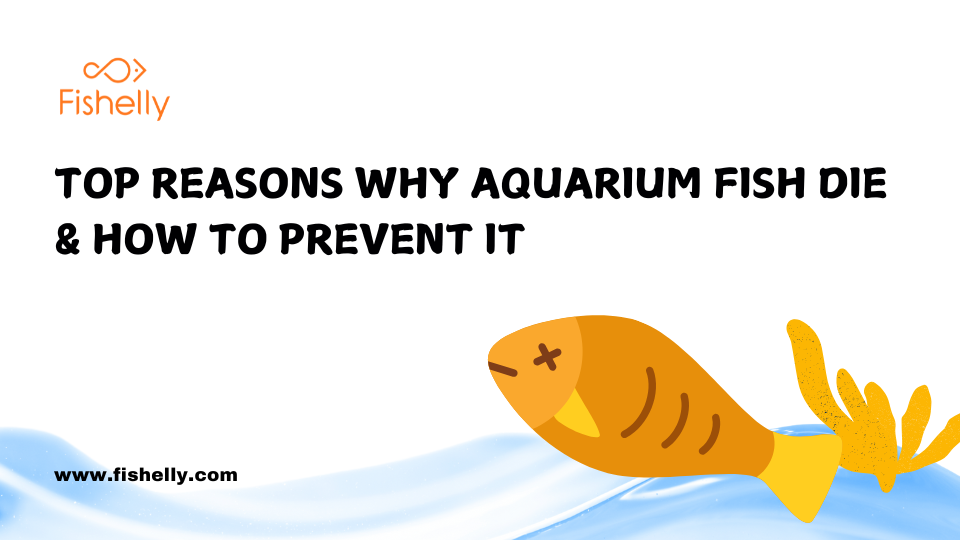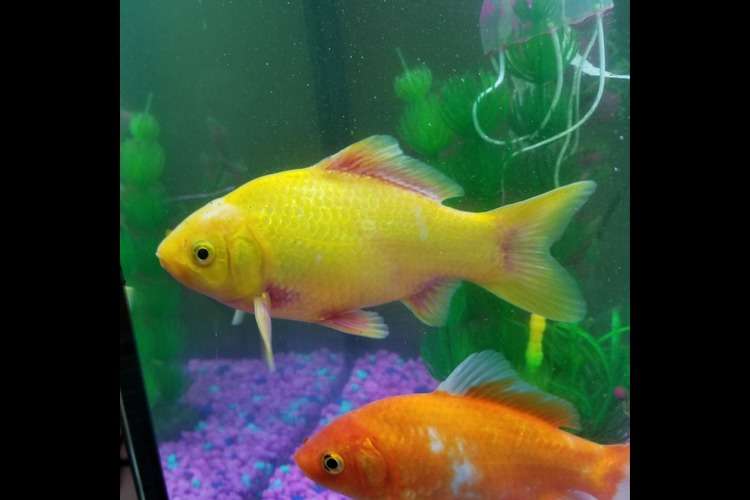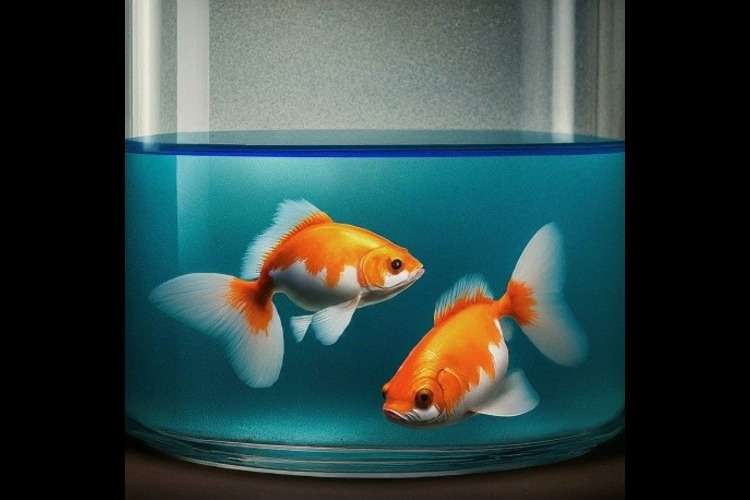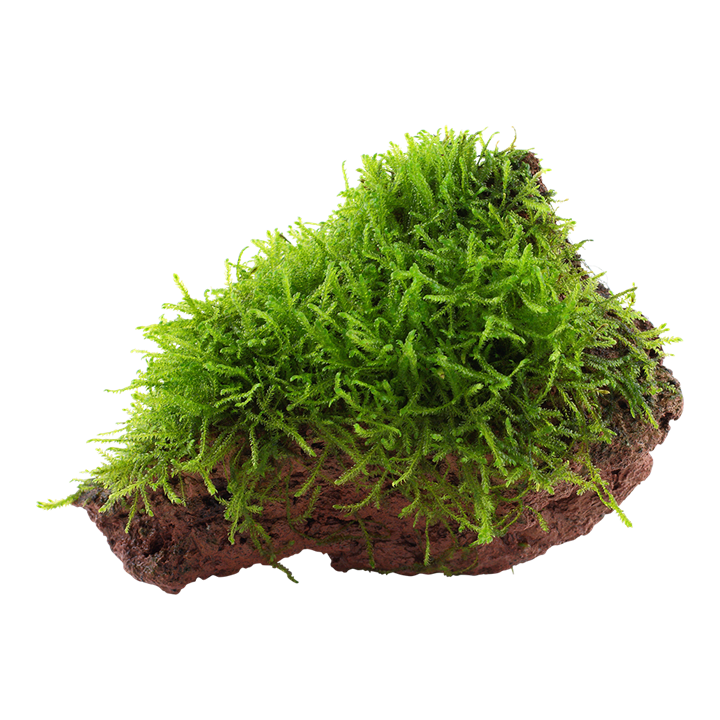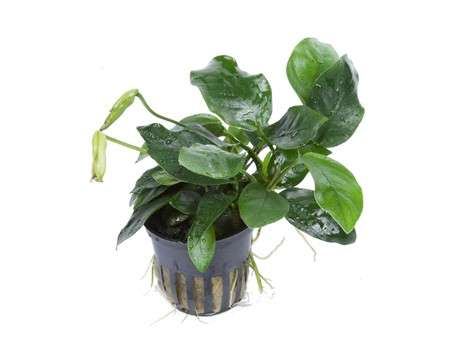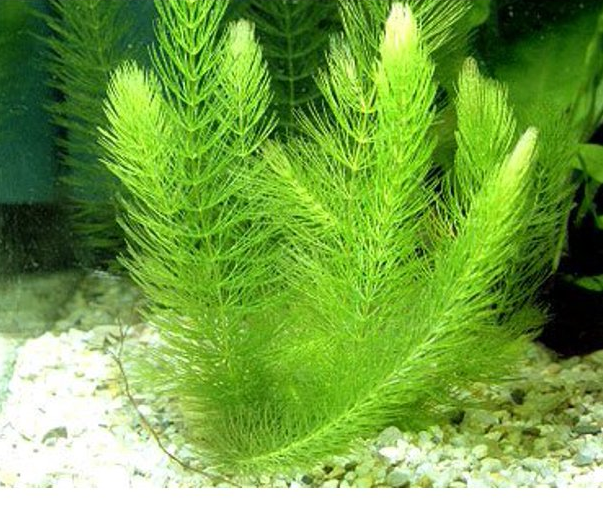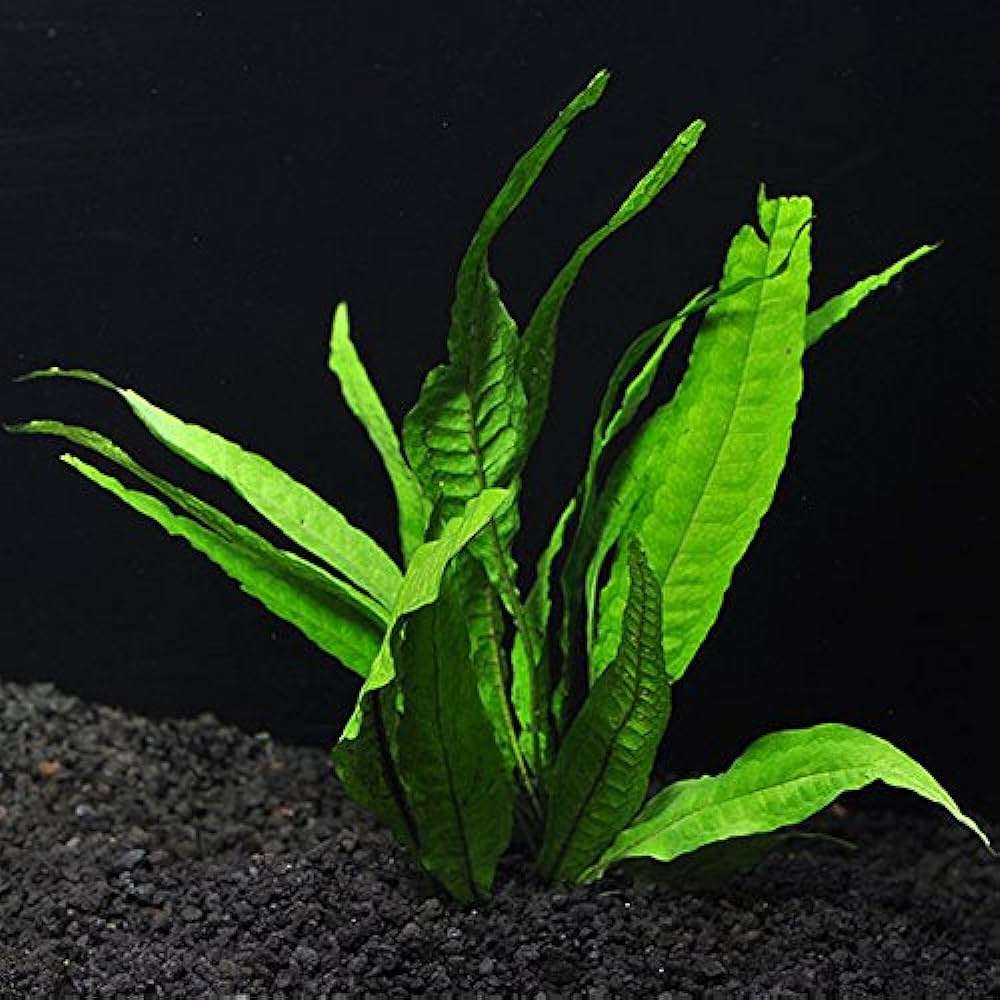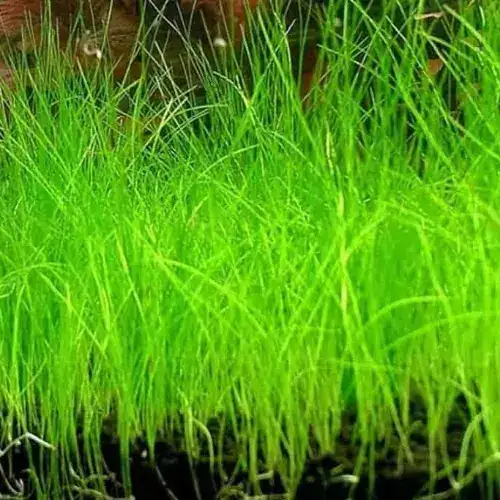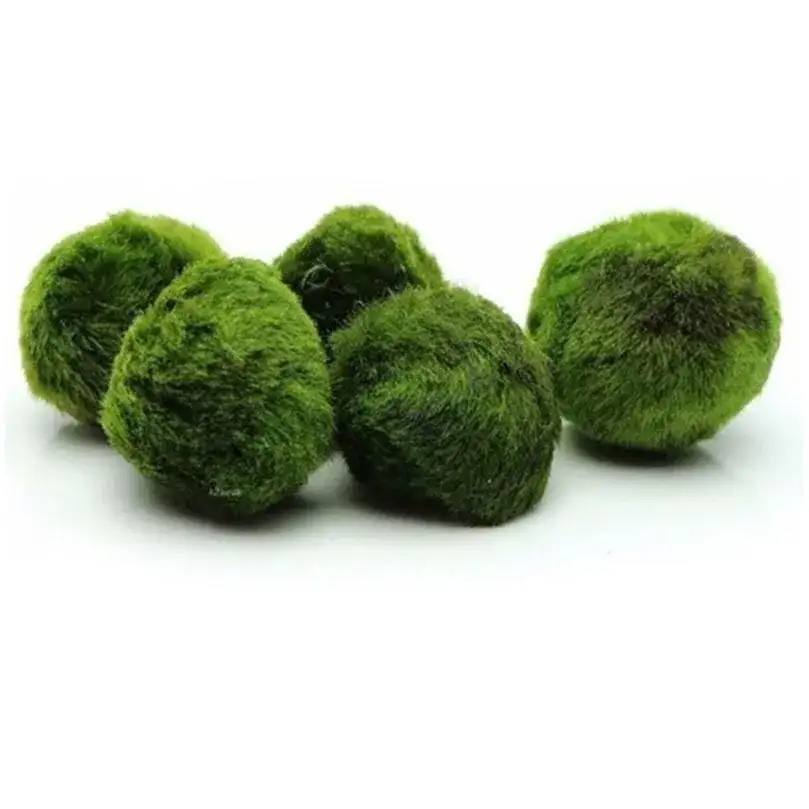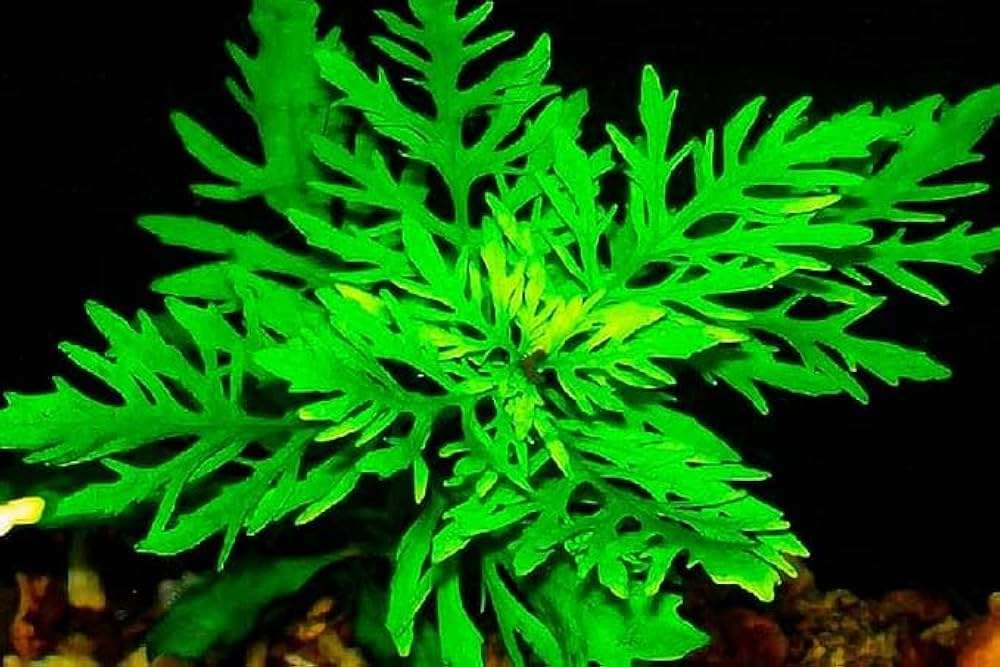Top Reasons Why Aquarium Fish Die & How to Prevent It
Understand why aquarium fish die unexpectedly. Learn about contaminants, poor diet, incompatible tankmates, and tips to ensure a healthy aquatic habitat.
Table of Contents
- Hidden Contaminants
- Not the Right Tankmates
- Nutritional Damage Done Under Its Nose
- Lighting Imbalances
- Subtle Water Temperature Changes
- Biological Overload
- Unseen Injuries
- Aquarium Fatigue Syndrome
- Inability to Acclimate to New Tanks
- Preventing Future Losses: Beyond the Basics
- Faq
- Conclusion
Owning an aquarium is indeed worthwhile, where one can connect with aquatic life. Yet often, an unexpected fish loss can be frustrating and mystery. And while fish deaths may sometimes seem to happen instantly, these are usually the direct results of factors which could go unnoticed. Let's take a plunge into some different and hidden reasons your aquarium fish never made it.
Hidden Contaminants
Sometimes, the cause of death is not immediately apparent. Traces of household cleaning chemicals-aerosols or soaps-get leached into the tank, which poison the water. Whenever handling anything inside the tank, ensure that you wash your hands thoroughly, and hair products or cleaning sprays should not be used near the aquariu
Not the Right Tankmates
Aquarium fish exhibit varied temperaments and behavioral traits. The company of a peaceful guppy with a territorial cichlid can be a challenging combo. Even species that seem compatible may engage in some little bullying, which can subject the other to chronic stress and weaken the fish's immune system. Check not only species compatibility but also the social dynamics of the species that go into your tank.
Nutritional Damage Done Under Its Nose
Many fish owners feed their fish generic flakes or pellets. While these will cover the basic dietary needs, some fish must be provided special diets (e.g., algae for herbivores, protein-rich foods for carnivores). A lack of variety could gradually lead to health problems for the fish.
Lighting Imbalances
Fish are sensitive to light. Too much light may overstimulate and cause an excess build-up of algae; too little light may interfere with their natural rhythms. Some species will prefer dim conditions, such as the nocturnal fish. Consider employing dimmers to recreate natural day-night cycles.
Subtle Water Temperature Changes
While acute temperature changes are known killers, even small, steady oscillations put pressure on the fish. Subtle temperat...ure changes in tanks can be caused by large windows, vents, or proximity to heaters in more places, unnoticed. Using a good heater and a thermometer will keep things stable.
Biological Overload
Even if the water looks clean, bio-overload, the invisible overload of microscopic waste, can happen, especially in heavily stocked tanks. Beneficial bacteria may take a hard time catching up with the waste. This could further lead to spikes deleterious to fishes. Reduce the fish numbers or increase the number of live plants to help balance the ecosystem.
Unseen Injuries
Fish can suffer injuries from sharp decorations, aggressive tankmates, or during handling. Even tiny scratches could lead to infections. Look for decorations that are smooth and round; do not handle your fish unless absolutely necessary.
Aquarium Fatigue Syndrome
Over time, the environment of an aquarium may deteriorate—this phenomenon is sometimes referred to as "aquarium fatigue." Mineral deposits, accumulated waste, and declining populations of beneficial bacteria can make older tanks less pleasant places to live. Deep-cleaning your tank and periodically replacing the substrate or decorations can rejuvenate the environment.
Inability to Acclimate to New Tanks
Fish will most often be stressed when transported to a new tank regardless of how perfect the conditions seem. The shock from adjustment to different water parameters, decor, or lighting can result in poor health. Allow time for acclimatization and do not make abrupt changes in their environment.
Preventing Future Losses: Beyond the Basics
· Focused on the Keeping Fit Jour either in the form of a notebook or on a freshly opened MS word file, all sorts of water parameters, feeding regimes, behaviors, or sicknesses. Have a documented growth pattern to locate an issue early.
· Select Healthier Equipment: It is even very much an established fact that cheap filters or heaters can crash, which will, at times, lead to the loss of fish. This is why it is a worthwhile investment to purchase high-end gear and machinery.
· If a fish species has a certain way of causing death through political means, try to mimic the natural habitat that helps your fish to thrive.
· If it keeps happening, consult someone with more experience on fishkeeping or a professional aquarist to discover hidden problems.
Faq
1.Why did my fish die suddenly?
Hidden contaminants, poor water quality, stress, or improper tankmates may be the cause.
2.Can household chemicals harm fish?
Yes, even small amounts of cleaning sprays or soaps can poison the water.
3.How do I prevent tankmate issues?
Research species compatibility and avoid mixing aggressive and peaceful fish.
4.How important is lighting?
Lighting affects fish health. Balance light to avoid overstimulation or disrupted rhythms.
5.What is bio-overload?
It’s waste buildup that overwhelms beneficial bacteria. Regular cleaning helps prevent it.
6.Why do new fish die in a tank?
Stress from adjusting to new water parameters can weaken their health.
7.How do I stop injuries?
Use smooth decorations and avoid handling fish unnecessarily.
8.What is aquarium fatigue?
Over time, tank conditions degrade. Clean and refresh the setup periodically.
9.How can I avoid future losses?
Maintain water quality, invest in good equipment, and monitor fish behavior regularly.
Conclusion
Fishkeeping is an art and a science demanding observation, patience, and care. It can become disheartening when we lose a fish, but every loss offers the chance to learn and grow. Solving these little yet important things can give you a whole new world for your fish. Also, bear in mind that whatever challenge in fishkeeping brings information and knowledge to be gained and hence makes one a devoted aquarist, once indeed learned and confirmed, your aquarium will help be teeming with life and stay alive for many years.
